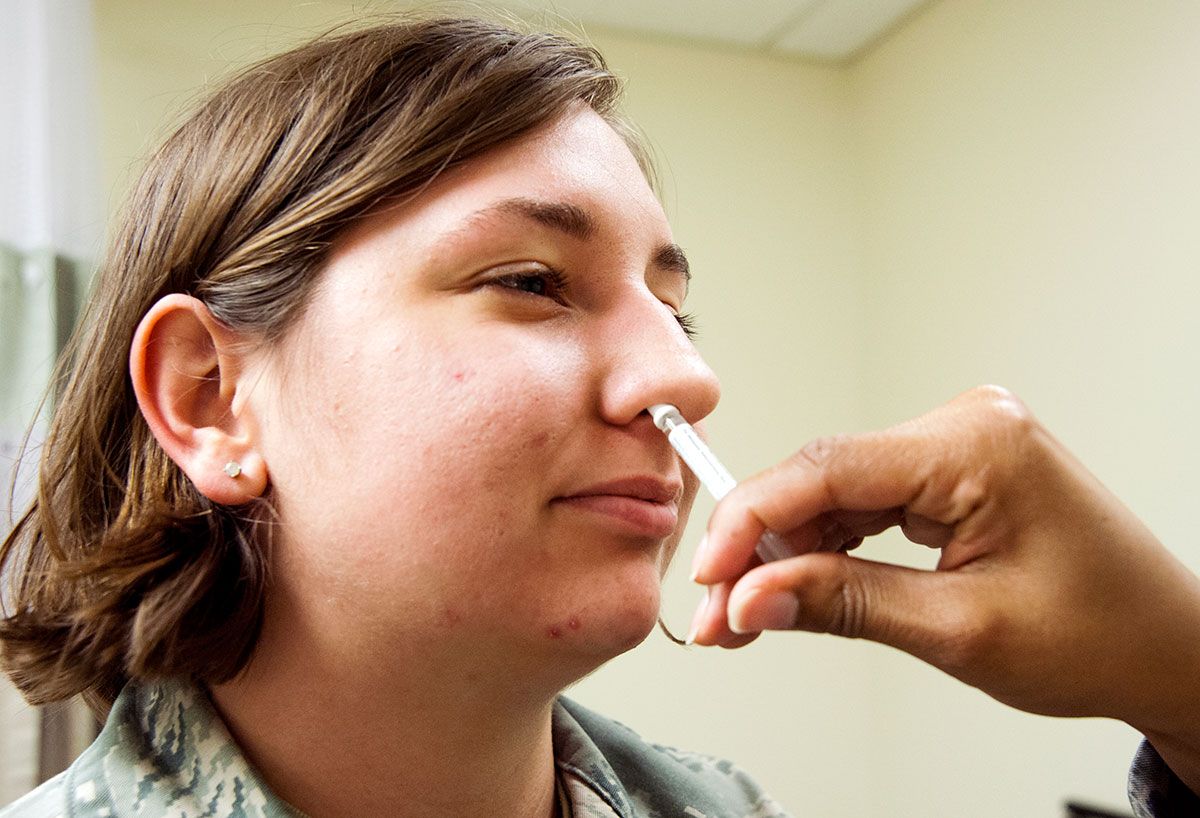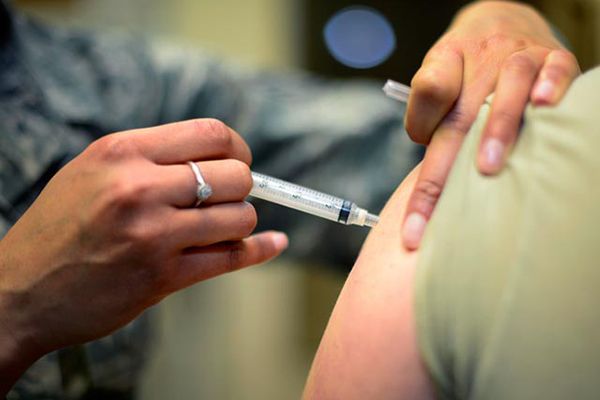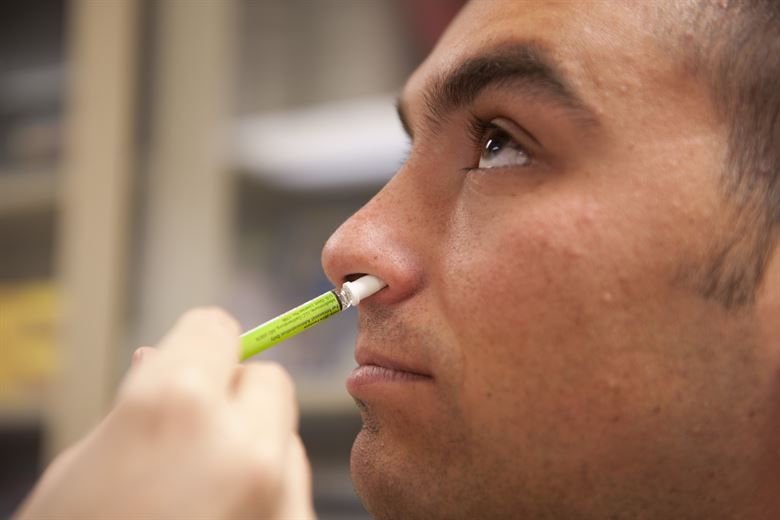Are you afraid of needles? If yes, you're in luck for this year's flu season because the Centers for Disease Control and Prevention (CDC) has finally approved an alternative form of the flu vaccine.
For the last couple of years, the public health organization has advised Americans to avoid using the nasal spray version of the flu vaccine because it failed to protect against H1N1.
However, the CDC has changed its stance on the nasal spray as it is expected to work better this year, and hopefully protect against the influenza virus, which caused many severe illnesses and fatalities during the 2017-18 season.
Last year's strain, H3N2 or the Hong Kong Flu, was widespread in all 50 states and was the most aggressive in nearly a decade.
"Last year we had a very bad flu season," said Dr. Andrew Pavia, chief of pediatric infectious diseases at the University of Utah Hospital. "The vast majority of deaths were in people who did not get the vaccine."
This year, public health officials and doctors are urging Americans to get their flu shots as early as possible. They even made some tweaks to the H3N2 vaccine so it can offer better protection.
As for the needle-free spray, it is currently available and recommended for anyone who isn't pregnant, over the age of two and under the age of 49 without certain pre-existing conditions like asthma, heart disease, and allergies to past vaccines.
Like the regular vaccine, the nasal spray contains weakened live virus. It is sprayed directly into the nose and takes about two weeks to take full effect. Whether you're getting the needle or the spray, the CDC recommends taking the shot before the end of October in order to be fully protected.
Contrary to popular belief, the flu shot will not cause the flu, however, you may experience mild side effects such as a runny nose, cough, sore throat, etc. If you have allergies, especially to eggs, check with your doctor to determine which form of the vaccine will be safest for you.
Certain organizations are still urging the public, especially parents of small children, to let their kids get the traditional shot. The American Academy of Pediatrics (AAP) said they're still concerned about the spray's effectiveness and parents should consider it only if their children "wouldn't get vaccinated otherwise"“for example, if your child is absolutely refusing the shot but is willing to get the nasal spray or if your doctor is out of the flu shot but has the nasal spray available."
Still, the CDC has given the nasal spray the green light and says "[N]o preference is expressed for any one vaccine type."
The bottom line is that if you can get the vaccine or the spray, do it. Also, wash your hands frequently, sanitize handles and surfaces you come into contact often, like your cell phone, and cover your mouth or nose if you cough or sneeze.
If you do end up getting sick, stay home. The flu spreads quickly and could cause severe complications when a children, seniors or persons with a weak immune system gets infected.




